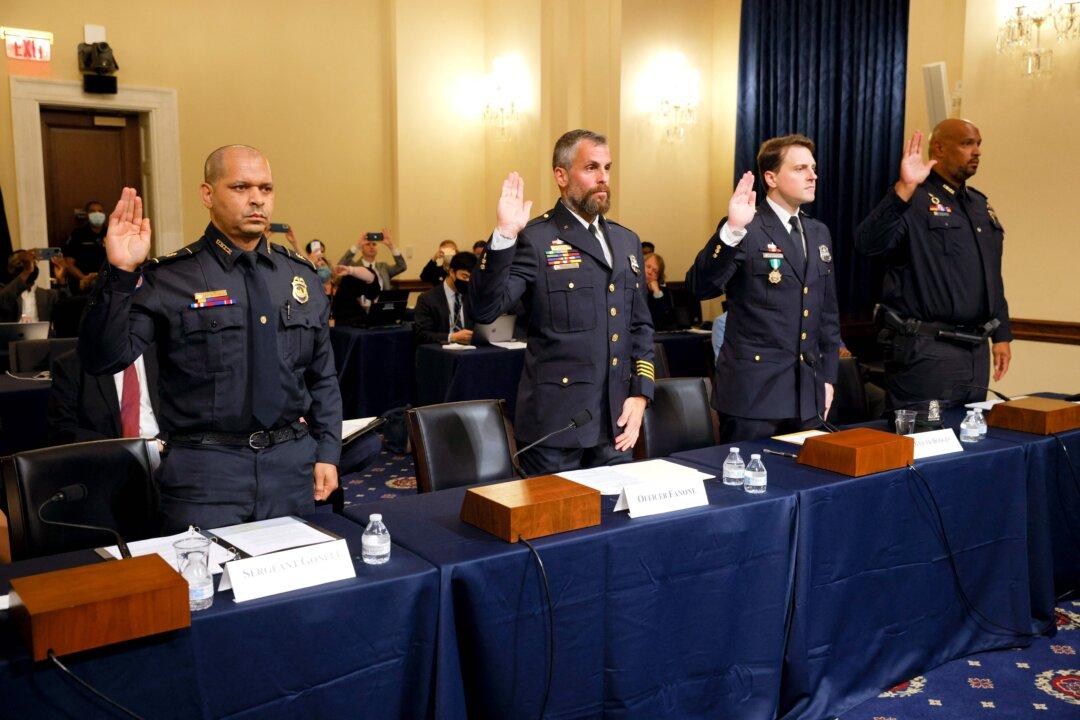A serious challenge to the House Select Committee on the Jan. 6 incident at the United States Capitol is growing via former White House chief of staff Mark Meadows’s lawsuit against subpoenas for information he claims the panel has no legal authority to seek.
In his suit filed Dec. 8 in the U.S. District Court for the District of Columbia, Meadows asks for “declaratory and injunctive relief to invalidate and prohibit the enforcement of two overly broad and unduly burdensome subpoenas from a select committee of the U.S. House of Representatives (the ‘Select Committee’) issued in whole or part without legal authority in violation of the Constitution and laws of the United States.”





